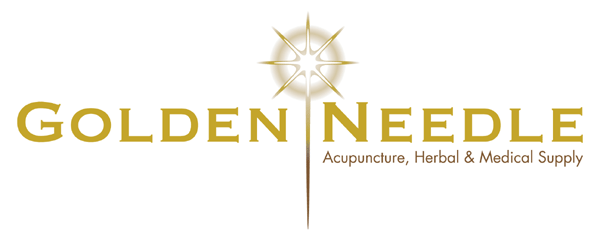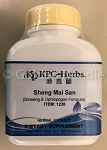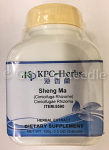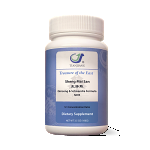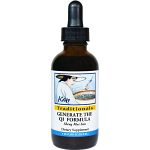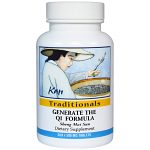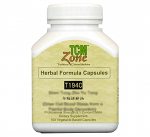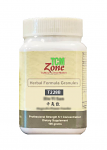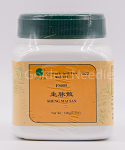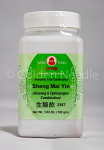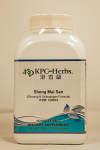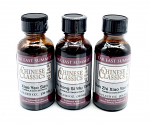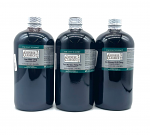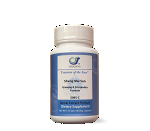Sheng Mai San Capsules
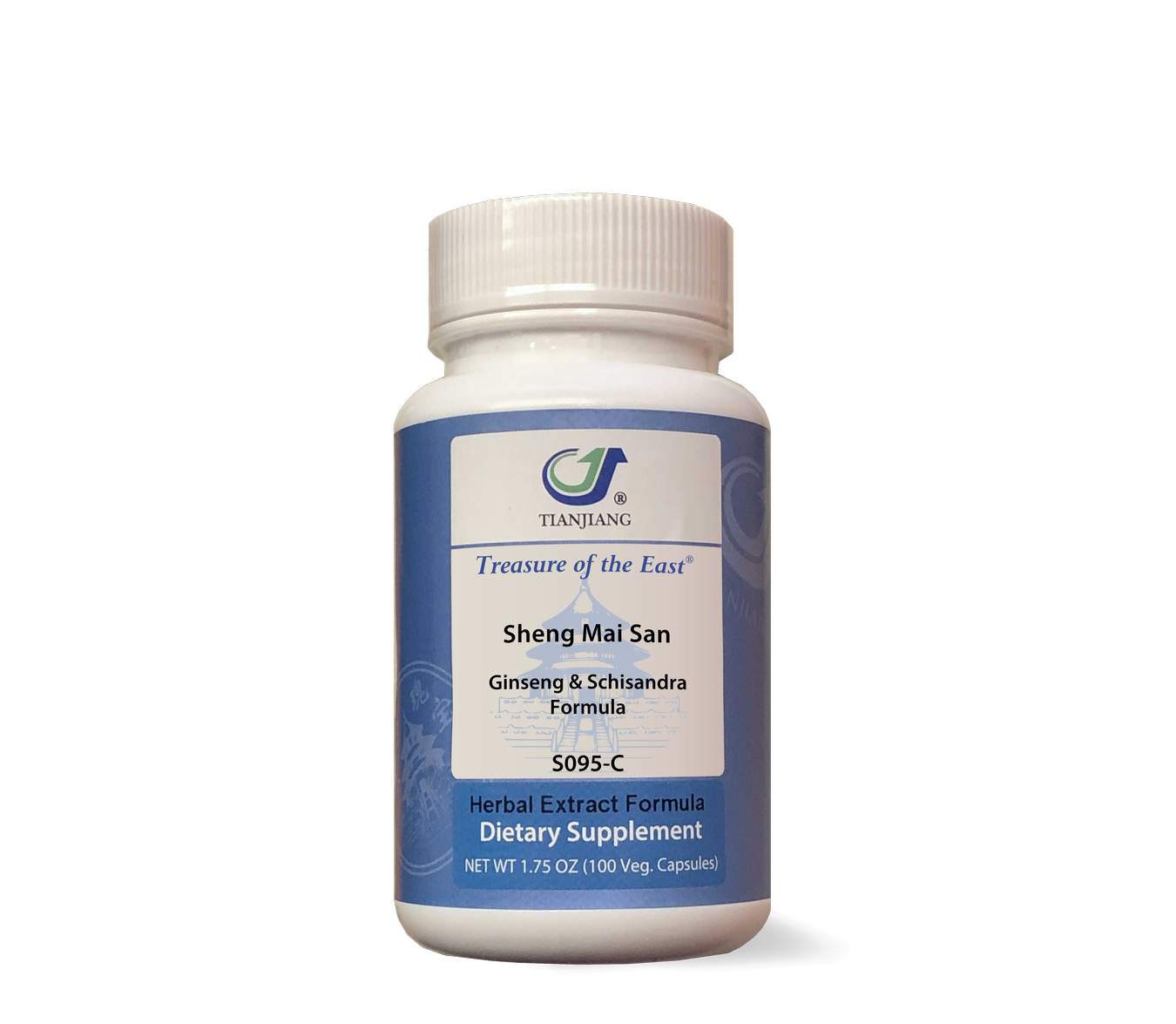
Sheng Mai San Capsules
| SKU | BL299C | |
| Brand | Treasure of the East Capsules | |
| Unit Size | 100 Capsules (5:1 extract granules) | |
| Properties | Supplements the qi and engenders fluids, constrains yin and stops sweating. | |
| Contraindications | This formula should be used with extreme caution in cases with high fever, or in which the pathogenic influence has not been resolved, or has yet to injure the fluids. If it is used in such cases where the external pathogenic influence remains in the sys | |
| Chinese Symptomology | Qi and yin vacuity, primarily of the heart and lungs, fatigue, lack of strength, lassitude of the spirit, shortness of breath, spontaneous perspiration | |
| Western Symptomology | Chronic bronchitis, pulmonary tuberculosis, and other forms of chronic obstructive pulmonary disease, supraventricular arrhythmias, rheumatic heart disease, coronary artery disease, post-bypass debility, viral myocarditis | |
| Actions | Supplements the qi of the heart and lungs, nourishes yin and engenders fluids, quiets the spirit, secures and astringes the heart and lung qi, moistens dryness, clears heat from the heart and transforms phlegm. | |
| Pattern | Concurrent deficiency of qi and yin, primarily of the Lungs. | |
| Tongue | Fat, swollen, possibly tender with teeth-marks on its edges. | |
| Pulse | Forceless. | |
| Branch | Lung, Spleen, Stomach | |
| Recommendations | ||
| Chinese name | Sheng Mai San Capsules | |
| English name | Ginseng & Ophiopogon Capsules | |
| Description | This formula is for concurrent deficiency of qi and yin, primarily of the Lungs. Chronic cough not only injures the Lung qi, but is also an manifestation of injured Lung qi together with shortness of breath and spontaneous sweating. Prolonged, profuse sweating injures the fluids and yin, which is manifested here in the sparse sputum that is difficult to expectorate, and the dry mouth and tongue. The pulse is deficient, which reflects deficient yin. The same condition can develop over a relatively short period of time if the sweating is profuse, as in summerheat-stroke or heat-stroke. The mechanism in such cases is that excessive sweating injures both the Lung qi and the fluids or yin. When qi deficiency develops quickly, it almost always products a tendency to curl up. The author of this formula, Li Ao, designed it for heat injuring the basal or source qi. Later generations of physicians expanded its scope. Recently this formula has been widely used in treating various types of heart disease, including palpitations and coronary artery disease. It is particularly useful in treating palpitations with a stifling sensation in the chest, shortness of breath, sweating, a dry mouth and thirst, poor sleep, a pale, red, and dry tongue, and a slow-irregular or consistently-irregular pulse. When this formula is used in treating a critical condition, no substitution should be made for Radix Ginseng (Ren Shen). It is interesting no note that under the entry for this herb in the Divine Husbandman's Classic of the Materia Medica, it is said to "tonify the five yin organs, calm the essential spirit, steady the souls, and relieve palpitations with anxiety." All of these functions are drawn upon this this formula. However, for debility following a febrile disease, Radix Panacis Quinquefolii (xi yang shen), which tonifies both the qi and the yin, if preferred. This is one of the few formulas that are used in treating acute collapse. --Bensky: Chinese Herbal Medicine Formulas and Strategies. |
|
| Ingredients | Ren Shen - Panax Ginseng Root; Mai Men Dong - Ophiopogon japonicus Root; Wu Wei Zi - Schisandra chinensis Fruit |
|
